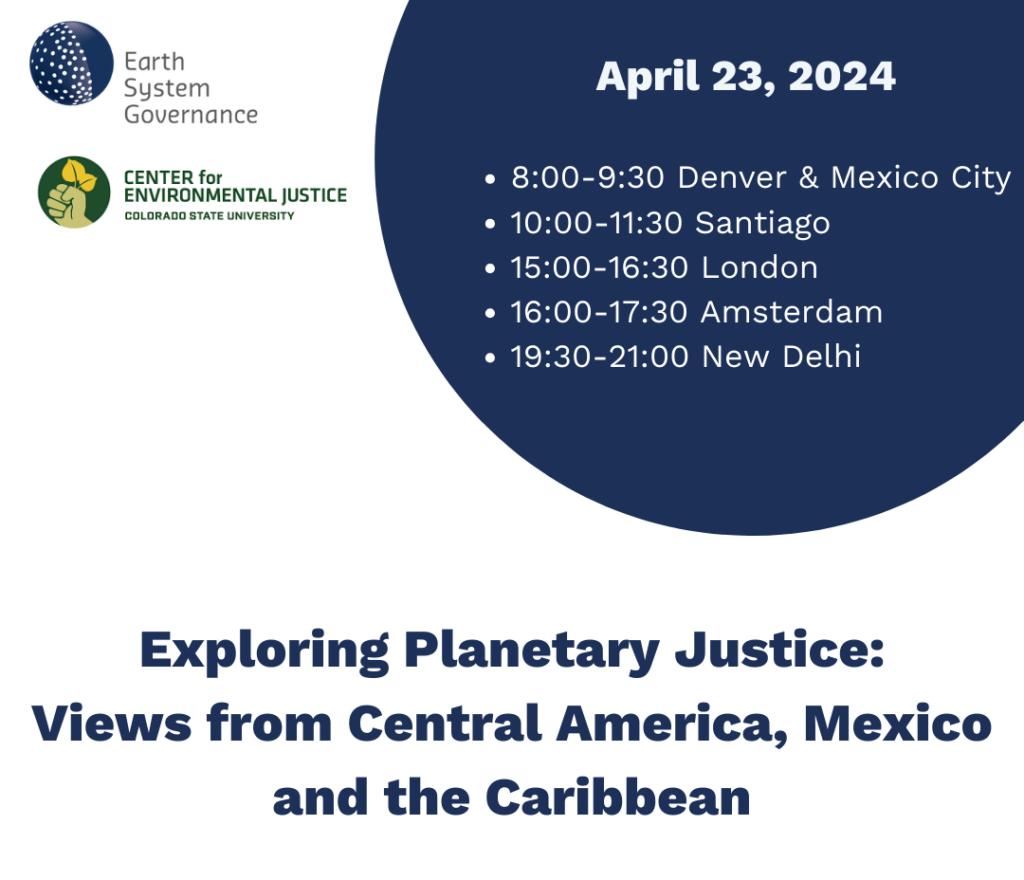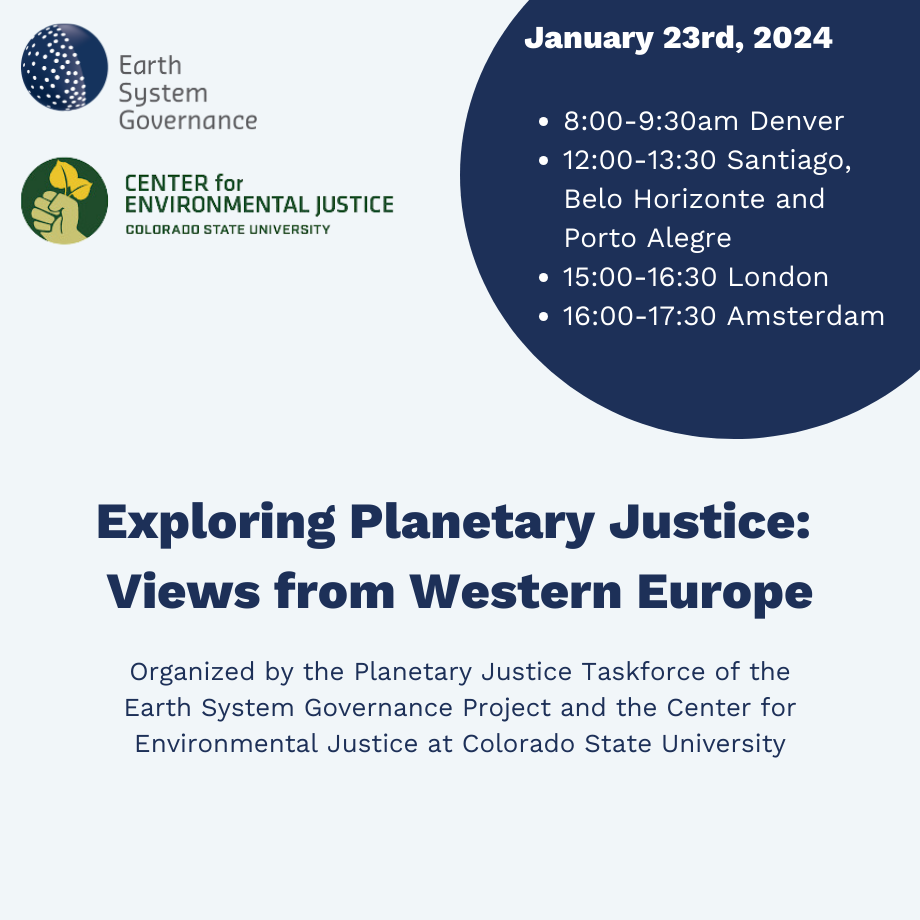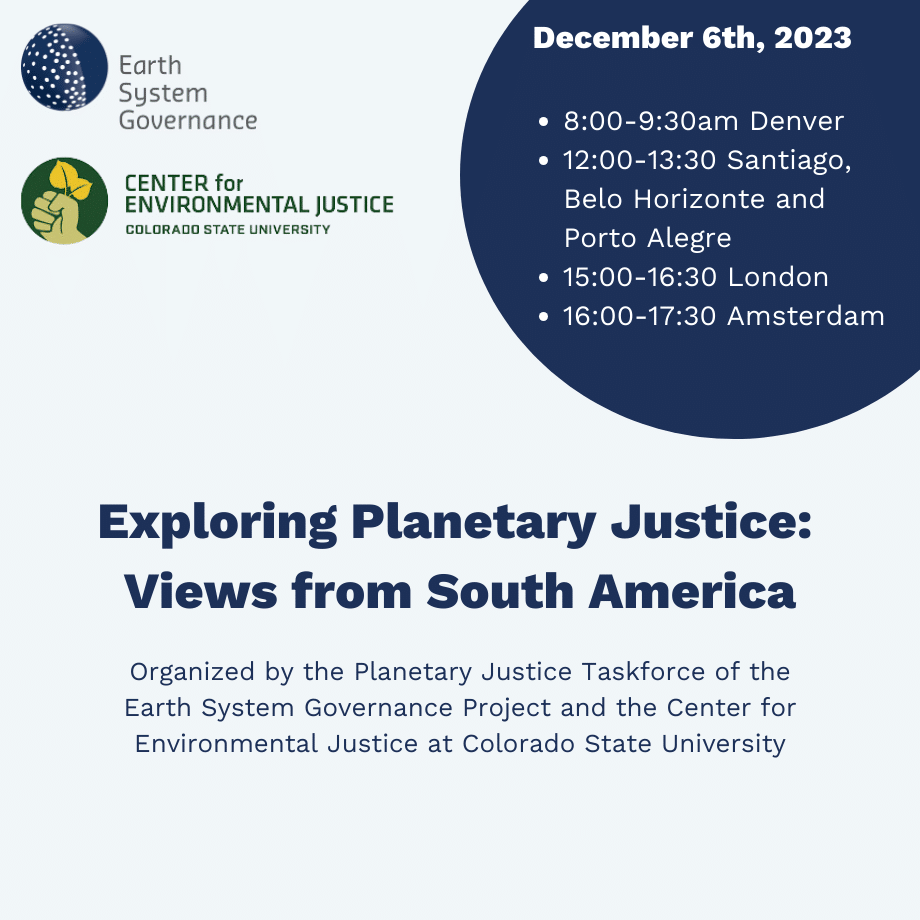Lecture by Steven Bernstein, University of Toronto, and Earth System Governance Lead Faculty, organized by the Amsterdam Laboratory on Earth System Governance, IVM Institiute for Environmental Studies, 19 March 2015, 11.00-13.00, Room WN-C623 VU Campus, VU University Amsterdam
For 30 years, major economic and development institutions have professed at least four common goals: poverty eradication, sustainable development, deeper integration of developing countries into the global economy, and economic growth. Global environmental and social policies similarly professed the importance of economic growth and the overarching goal of “sustainable development” to integrate economic, social and environmental goals. Yet incoherence in global sustainable development governance prevails. The regulatory environment is fragmented and fraught with competing competencies and purposes, which undermines the ability of the multilateral system to deliver on these goals and threatens its legitimacy. The result has been repeated calls for greater coherence across the United Nations system, WTO and Bretton Woods institutions (horizontal coherence), and in program delivery at the country level (vertical coherence). Whereas critics of coherence in the 1990s saw it as a cover for conformity to dictates of Western power or ideology, shifts in global power, economic crises, and growing recognition of linkages among ecological, social and economic dangers have altered the coherence debate. Preliminary arguments and research findings will be presented on two related questions: 1) Why has institutional and policy incoherence persisted and under what conditions might it increase regardless of institutional fragmentation? 2) What institutional and normative consequences, intended and unintended, have macro coherence initiatives produced, and why? The prospects of proposed “Sustainable Development Goals” and related institutional reforms to increase coherence will be discussed as an illustrative case.
Steven Bernstein is Associate Chair and Graduate Director, Department of Political Science and Co-Director of the Environmental Governance Lab at the Munk School of Global Affairs, University of Toronto. His research spans the areas of global governance and institutions, global environmental politics, non-state forms of governance, international political economy, and internationalization of public policy, and he has published widely in these areas. He is also a lead faculty member of the Earth System Governance Project and has consulted on institutional reform for the United Nations in the lead-up to, and follow-up of, the UN Conference on Sustainable Development (Rio +20).



